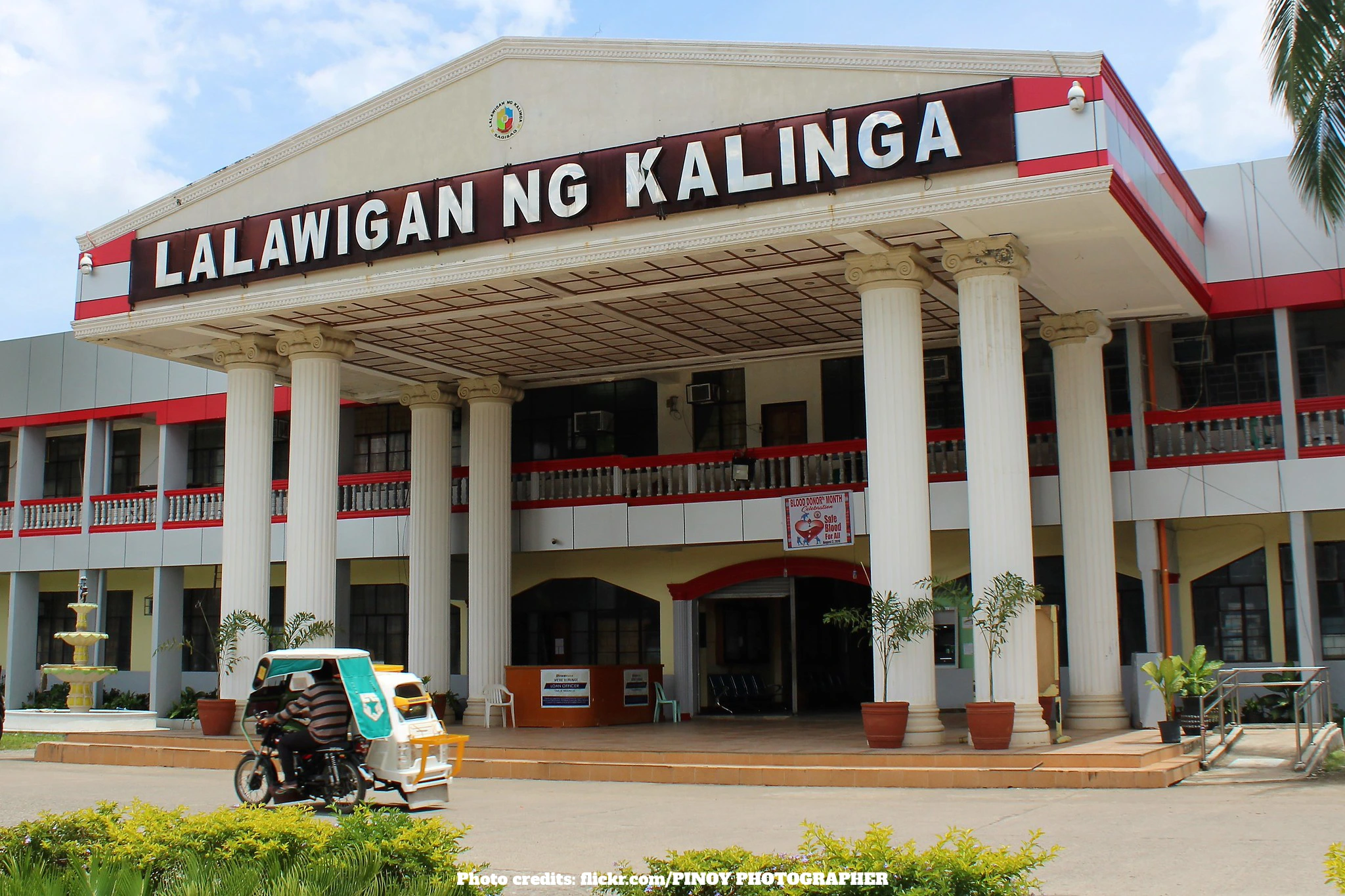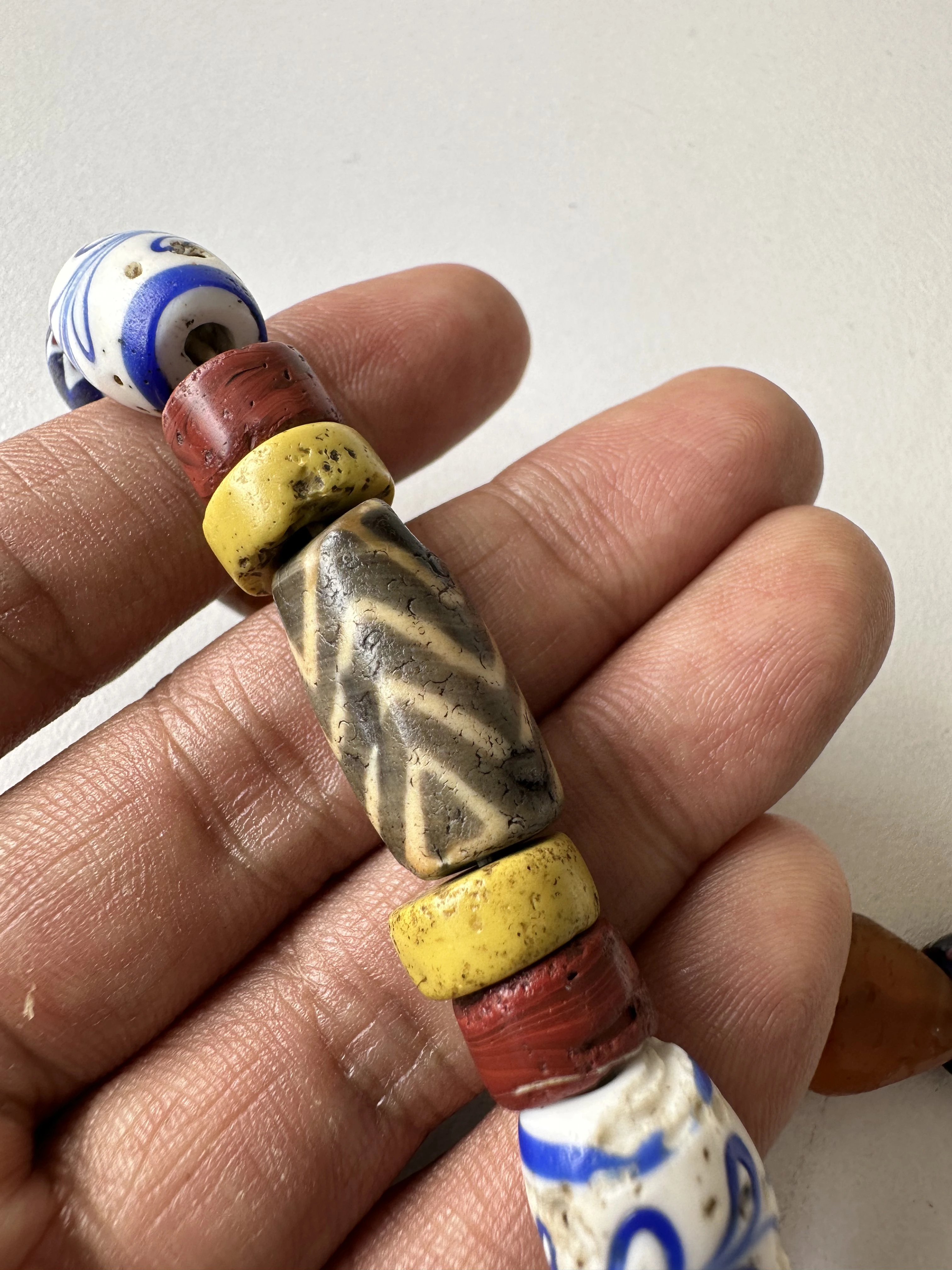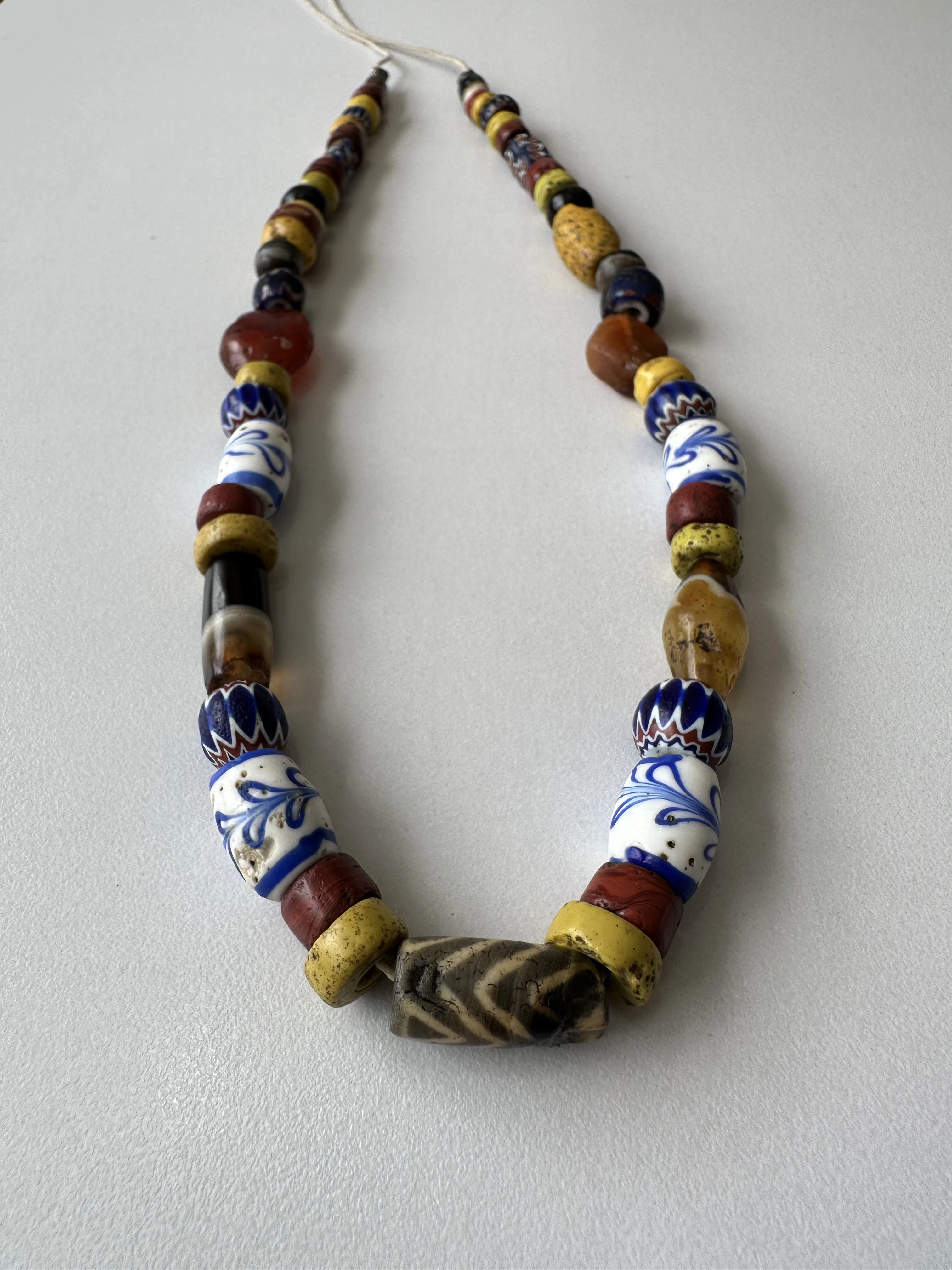

Justice in the Philippines is often associated with formal courts, legal statutes, and structured proceedings. However, in Kalinga, a northern province rich in culture and history, the indigenous Bodong justice system thrives as a unique and effective method of resolving disputes within its peoples. Unlike formal court systems, Bodong operates on community values, emphasizing peace, harmony, and mutual understanding. According to one Municipal Trial Court judge in Kalinga, this traditional mechanism complements the country’s judicial processes and serves as a vital alternative method for resolving conflicts in the province.
The Bodong system has long been embraced by local communities as the first line of resolution for disputes. It is inherently rooted in the cultural beliefs of the Kalinga people, relying on their trusted elders to mediate and make decisions on matters of conflict. As the court official explains, the natural inclination of indigenous people is to seek guidance from their community elders rather than attending formal court trials. By prioritizing reconciliation over punishment, Bodong offers a human-centered application of justice that ensures peace in the community.
While Bodong is deeply embedded in the traditions of Kalinga, questions regarding its interaction with the Philippine judicial system inevitably arise. The judge is optimistic that the two systems complement each other well, fostering alternative ways to resolve disputes without the need for court litigation. However, there are instances where tensions emerge between them. Problems often arise due to a lack of clarity regarding the scope of Bodong’s application or its limits. For instance, while Bodong is effective for resolving disputes between indigenous community members, it often struggles to address cases involving individuals outside of these communities. Furthermore, heinous crimes, such as murder or serious acts of violence, can pose challenges for Bodong, which traditionally relies on restitution rather than the punitive measures required under national law.
Despite these challenges, Bodong has adapted to societal changes over time. Traditional practices within the system, such as paying reparations with livestock or heirloom beads (bongor), have gradually evolved, replaced by monetary compensation to reflect modern economic realities. Similarly, elders have adopted new ways to streamline processes and ensure the system remains practical while maintaining communal values. Such adaptations affirm the resilience of Bodong in responding to the fluidity of societal norms.


"Bongor"
Photo
credits: x.com/13thFool/Emil
Moving forward, striking a balance between preserving Bodong’s cultural authenticity and aligning it with national justice standards is essential. The judge believes that Bodong could be formally instituted as part of the Philippine framework for Alternative Dispute Resolution (ADR). This integration would acknowledge its efficacy while providing clearer boundaries for its jurisdiction and application. Moreover, formal training programs for Bodong elders and legal education for indigenous communities could help both systems coexist more harmoniously, reducing confusion and mitigating potential conflicts.
Nonetheless, some critics voice concerns that formalizing Bodong might risk stripping it of its unique cultural essence, turning it into an extension of the legal system rather than a distinct societal structure. They argue that Bodong’s independence lies at the heart of its success and acceptance among Kalinga communities. Others believe that, without integration, the potential for legal discrepancies or inequalities, especially in disputes involving non-indigenous people, could hinder broader efforts for justice and inclusivity.
Bodong remains an enduring example of how deeply entrenched cultural practices provide alternative solutions to conflicts and disputes. Its success in fostering reconciliation and peace yields lessons for formal judicial systems, which often lack the same capacity for culturally grounded resolutions. As it continues to evolve alongside societal changes, Bodong is poised to bridge the gap between tradition and modernity, reflecting a justice system that is both rooted in culture and responsive to the demands of a fast-changing Philippines.
By fostering constructive dialogue among indigenous leaders, legal experts, and policymakers, the nation can honor and preserve its cultural heritage while advancing a framework that respects diversity and bolsters justice.
26 October 2025